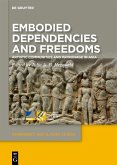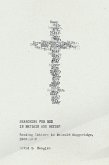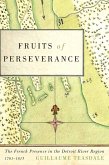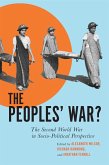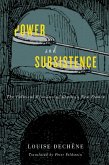The concept of vital force - the immanent energy that promotes the processes of life in the body and in nature - has proved a source of endless fascination and controversy. Indeed, the question of what vitalizes the body has haunted humanity since antiquity, and became even more pressing during the Scientific Revolution and beyond. Examining the complexities and theories about vital force in Spanish modernity, Nicolas Fernandez-Medina's Life Embodied offers a novel and provocative assessment of the question of bodily life in Spain. Starting with Juan de Cabriada's landmark Carta filosofica, medico-chymica of 1687 and ending with Ramon Gomez de la Serna's avant-gardism of the 1910s, Fernandez-Medina incorporates discussions of anatomy, philosophy, science, critical theory, history of medicine, and literary studies to argue that concepts of vital force served as powerful vehicles to interrogate the possibilities and limits of corporeality. Paying close attention to how the body's capabilities were conceived and strategically woven into critiques of modernity, Fernandez-Medina engages the work of Miguel Boix y Moliner, Martin Martinez, Diego de Torres Villarroel, Sebastian Guerrero Herreros, Ignacio Maria Ruiz de Luzuriaga, Gaspar Melchor de Jovellanos, Pedro Mata y Fontanet, Angela Grassi, Julian Sanz del Rio, Miguel de Unamuno, and Pio Baroja, among others. Drawing on extensive research and analysis, Life Embodied breaks new ground as the first book to address the question of vital force in Spanish modernity.
Dieser Download kann aus rechtlichen Gründen nur mit Rechnungsadresse in A, B, BG, CY, CZ, D, DK, EW, E, FIN, F, GR, HR, H, IRL, I, LT, L, LR, M, NL, PL, P, R, S, SLO, SK ausgeliefert werden.



